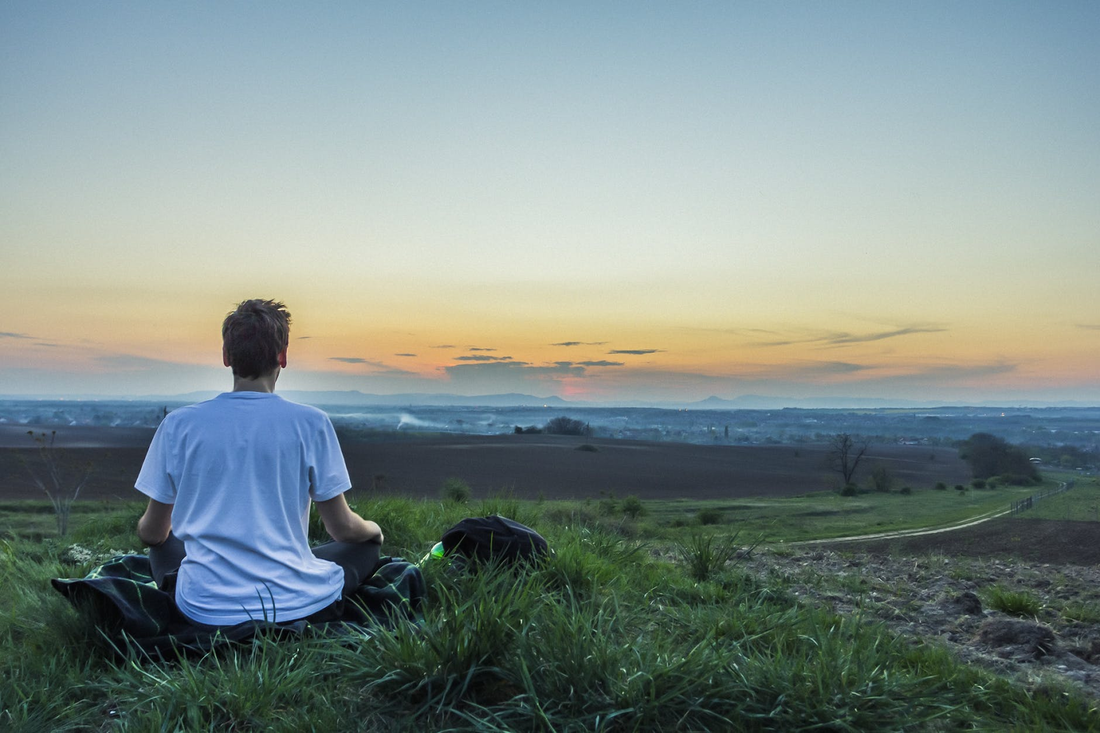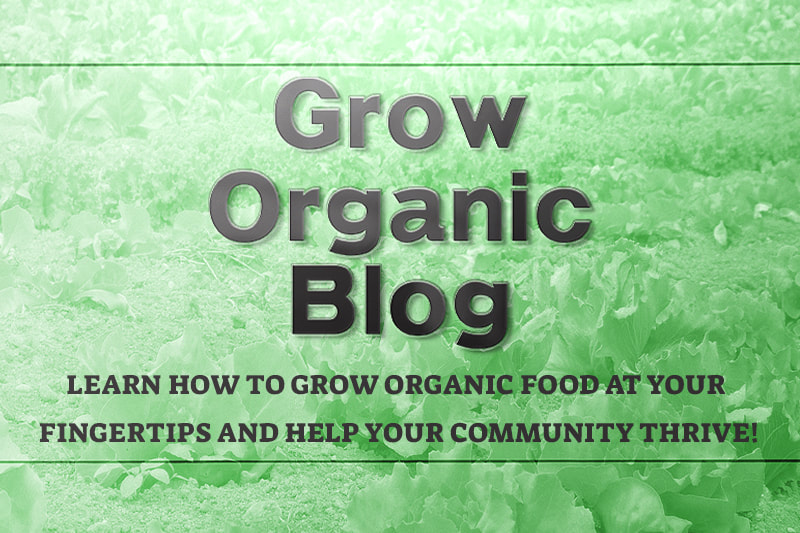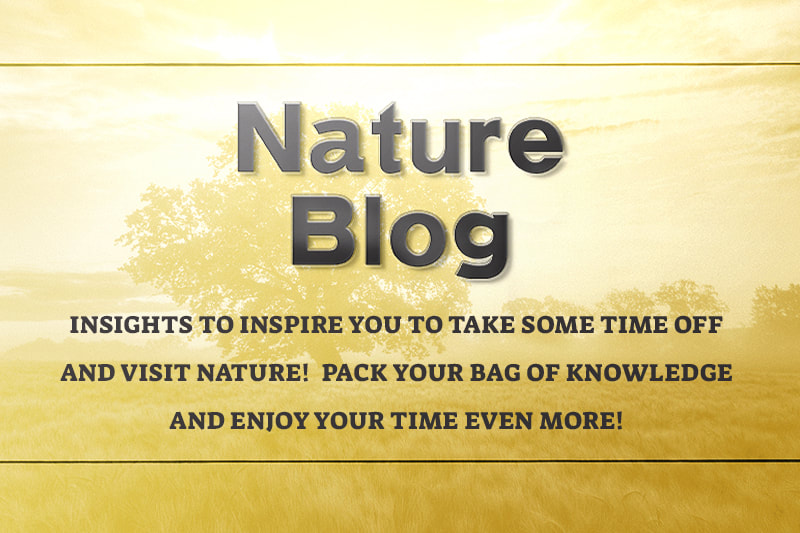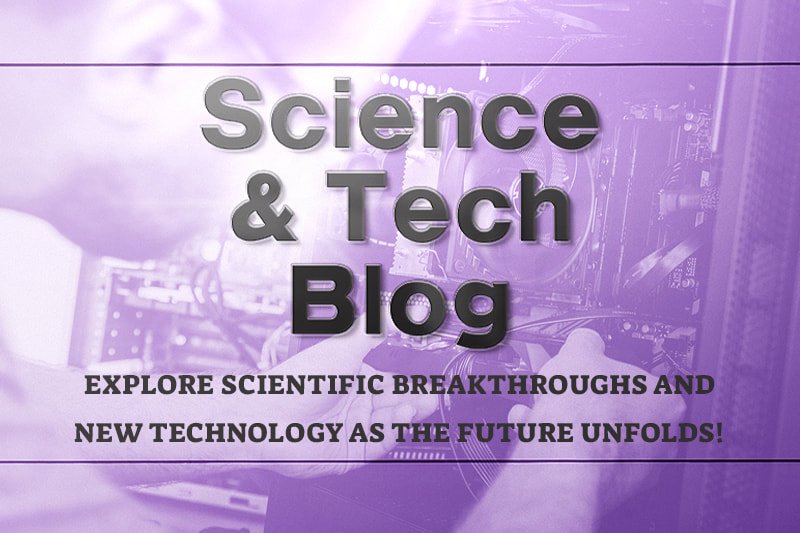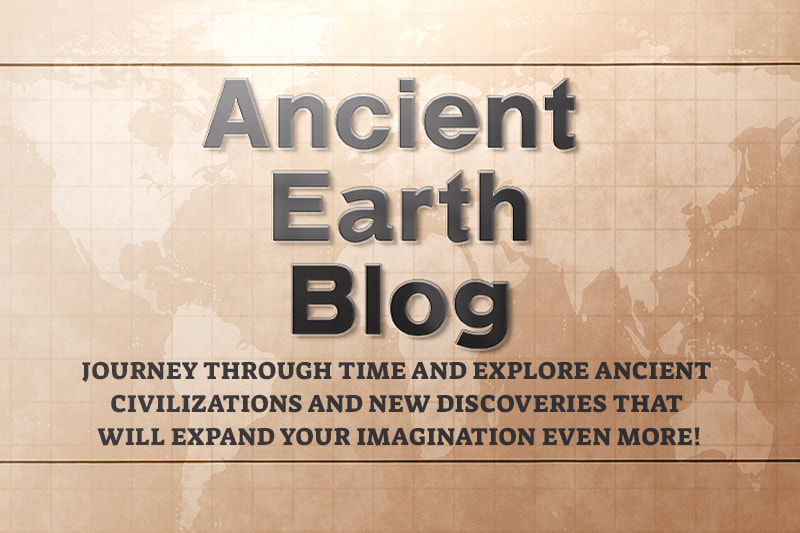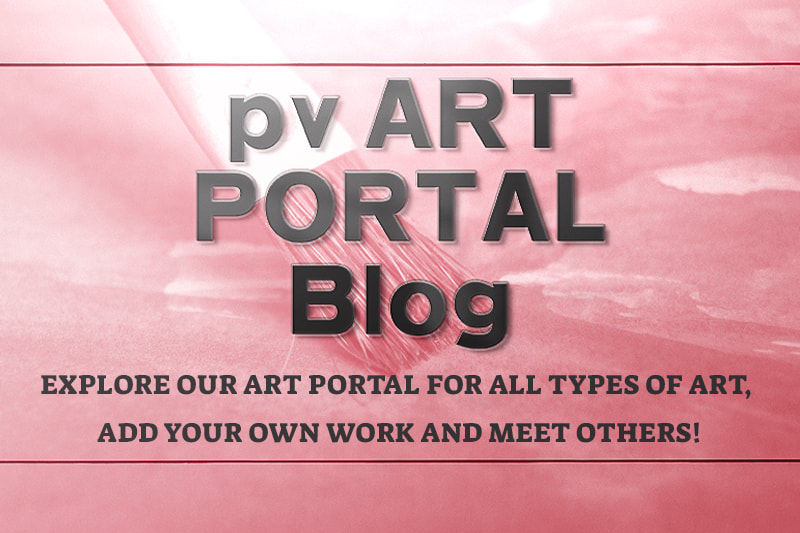|
The driving force behind every changemaker is awareness. We notice the little things and feel concern until we do something about them. But awareness is not only extrinsic. For the impact you hope to achieve, it has to be intrinsic too. In the words of Jordan Peterson, a Canadian psychologist and professor, "If you want to change the world, you should change yourself first." Mindfulness is one of the most critical steps to finding the intrinsic things- our own selves. This is why mindfulness is important for changemakers. What is Mindfulness?
Mindfulness is the ability to stay aware of your moment-by-moment experiences without judgement [1]. It's the awareness of the context and content of information and processing everything you come across, even if it's already familiar. Whether you know it or not, a lot of your daily activities are on auto-pilot. A study shows that 40% of our daily activities are mindless habits [2]. While we may think we're making conscious decisions, we're usually just following established patterns. This affects how we regard ourselves and how we interact with the rest of the world. Changemakers are catalysts for change, deviating from what is normal. As such, we should avoid mindlessness: a reliance on information drawn from the past whilst being dependent on habits, functional fixedness, and controlled processing [3]. To make an impact, you should be able to break free from norms and practices to find more promising paths. Here's how you can do this by staying mindful. How Can Mindfulness Help Changemakers? Emotion regulation Chances are, you can't achieve all your set goals alone. You need to work with people who also believe in your dreams and can, with combined efforts and mutual support, help you reach them. On both the good and bad days, you should be able to create a positive and motivated environment for you and the people around you. Regardless of how you're feeling. You should foster the ability to adapt to work with all types of people, manage disruptive emotions, maintain your integrity, and pursue goals without emotional inhibitors. Mindfulness has been proven to decrease practices that may disrupt your emotional control, such as rumination, anxiety, and mood disorders [1]. By practising mindfulness, you can maintain emotional balance and catch warning signals when a disruptive emotion is building. Manage self-doubt Everyone has feelings of self-doubt, especially when we try to conquer things that are bigger than us. Feeling this way is expected, but we should never let self-doubt derail us from our goals. Mindfulness helps you to regard those doubts without judgement. You can accept your insecure voices as a part of who you are because everyone has them. With this knowledge, you can ahead to do the things you want to do, because self-doubt hasn’t stopped changemakers like Greta Thunberg. Mindfulness is about staying connected to the present. So, keep your attention on the present moment and the things you can do with it. Don't focus too long on the challenges you may encounter in the future and how they could derail your plans. Don't fight the doubtful thoughts either; let them flow in and out freely. The most important thing is to learn to not react to them or lose courage because of them. Identify your strengths Every change movement needs different individuals with diverse strengths and skillsets. If you've been wondering what the best way for you to contribute is, mindfulness can help you find that answer. Mindfulness pushes you towards self-awareness and internal review. It requires meditation time, quiet, and active listening. In these moments, you will be able to discover the things that are most important to you. For example, as a climate changemaker, when did you first become interested in climate change? What did you see or hear that made you most concerned? You can then target those areas, and find out what you can do to help. Not all strengths come naturally to us. Most of them will need learning and training to become usable skills. Don't think you have to be great at something at the first try. Everything you need to know, such as public speaking, writing, building relationships, and so on, can be developed over time. Remember to take care of yourself Self-care has become a buzzword, but that doesn't make the concept any less relevant. The work you do is essential, but you should not lose yourself in it. To give the best output, you should ensure that you're operating at your best. Mindfulness helps you take stock of yourself: emotions, physical strength, needs, interests, and so on. Take time out to address these indicators. If you have a busy schedule, add time for self-care to your calendar. This will act as a reminder, and also ensure that you don't schedule anything else for that time. When you make time to take care of yourself, do it without judgement. If you find yourself relaxing with friends and having a good time, don't feel guilty about the thousand other things you could be doing at that moment. Don't judge your body harshly when you workout or splurge on a good meal. Sometimes, make grand efforts for yourself alone. Conclusion Every changemaker can benefit from practising mindfulness. Understanding your thoughts, feelings, doubts, strengths and more provides clarity and awareness. Both of these things are important to ensure that you produce the best results possible without losing sight of yourself. To enjoy all of the benefits of mindfulness offers, you must practice it like any other skill. Here are some recommended mindfulness practices for everyone to try out. Footnotes[1] Davis, Hayes. (2011). What Are the Benefits of Mindfulness? A Practice Review of Psychotherapy-Related Research. Psychotherapy (Chicago, Ill.). 48. 198-208. 10.1037/a0022062. Retrieved here. [2] Society for Personality and Social Psychology. (2014). How we form habits, change existing ones. ScienceDaily. Retrieved here. [3] Langer. (2004). Matters of mind: Mindfulness/mindlessness in perspective. https://doi.org/10.1016/1053-8100(92)90066-J This blog submitted by: TRVST
6 Comments
Jo-Anne Pfoh
9/23/2019 09:32:32 am
what a great read ty for sharing
Reply
Debra Branigan
9/29/2019 11:35:10 am
What a thoughtful article. I thank you for the interesting advice and chance for self-reflection.
Reply
Theresa A.
10/25/2019 04:11:04 pm
I agree mindfulness is important for changemakers, but it is also important in our everyday lives with regard to parenting, dieting, or any other endeavor.
Reply
Calvin
11/5/2019 12:35:05 pm
Start being in the now and empower your life. Mindfulness is very important, thanks for the awareness.
Reply
Brandy Crabtree
1/7/2020 08:13:32 pm
Wise words. ✌
Reply
Theresa A
2/26/2020 04:52:29 pm
"Mindfulness' is a term I seem to be coming across more and more lately. It works in so many areas and aspects of life - I want to implement it more and more in my personal life. Nice article, thanks for sharing.
Reply
Your comment will be posted after it is approved.
Leave a Reply. |
AuthorsWe welcome guest bloggers 5 more blogs to check out!
|
|

